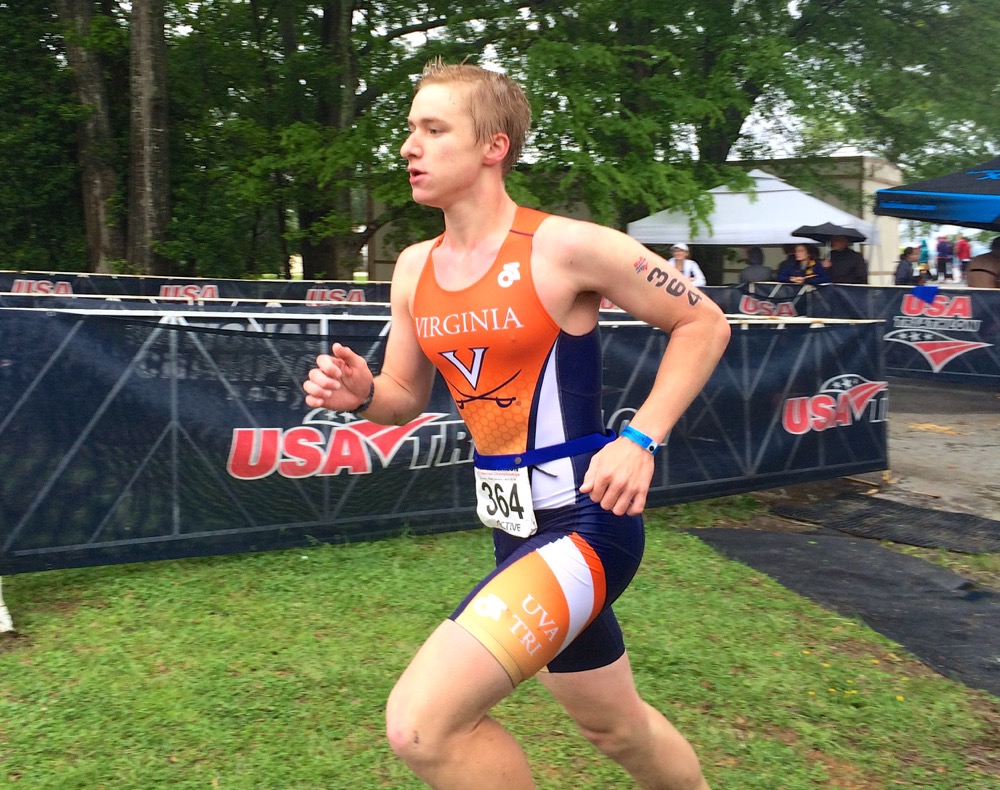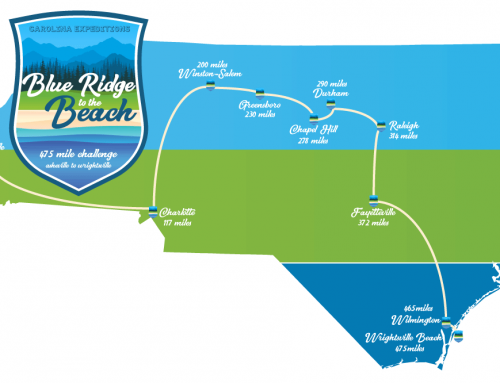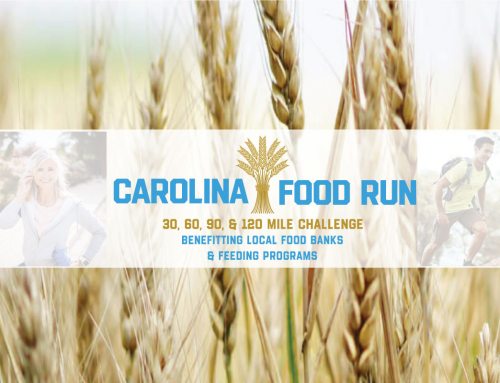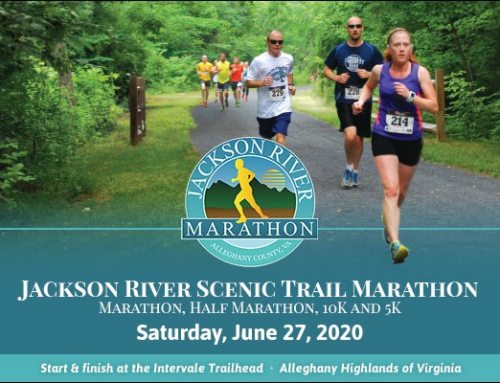By Hannah Gatens
Rounding the loop for the ump-teenth time, Matthew Van de Graaf cursed the Virginia heat and dreamt of the finish line as he made his way through the running portion of a recent half ironman in Williamsburg, Va.
Desperate for any kind of motivation, the 21-year-old University of Virginia student continued to remind himself that he had swam, biked, and run hundreds more than the 70.3 miles he was currently racing. He checked on his teammates, scattered around the same loop themselves, and despite his exhaustion and the glare of 11 a.m. sun, Van de Graaf never considered stopping. He’s much too competitive to quit; always has been, always will be.
When Van de Graaf recounts that race, he considers it one of the most challenging moments since he began competing in triathlons a couple years ago. To many, it begs the questions why triathlons? And how does a biomedical engineering major at a prestigious university balance such a demanding sport?
An Unexpected Passion
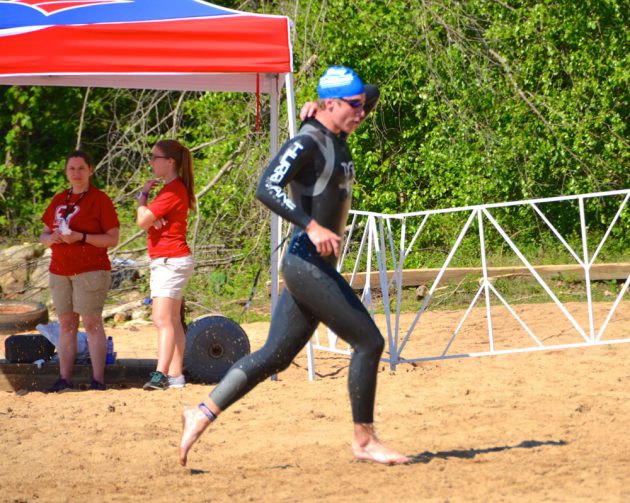 It’s funny; when Van de Graaf chose a university, he never imagined so much of his college career would revolve around triathlons — training, competing, and even daydreaming about the sport. In fact, he never imagined it would take up any of his time. Van de Graaf hated running and that was one of the driving reasons he opted for competitive swimming in high school.
It’s funny; when Van de Graaf chose a university, he never imagined so much of his college career would revolve around triathlons — training, competing, and even daydreaming about the sport. In fact, he never imagined it would take up any of his time. Van de Graaf hated running and that was one of the driving reasons he opted for competitive swimming in high school.
However, after much nudging, one of his friends finally convinced him to join UVA’s cross-country team; his opinion of running began to change. When his feet hit the ground, he felt the same sense of accomplishment he’d always loved about swimming.
His training led to cross-country matches, then triathlons, and then a half ironman. Most mornings, Van de Graaf is up and breaking a sweat long before most college students even think about getting out of bed. He’s up by 6:30am, usually after a long night of homework, friends, or more training. These mornings are a “two breakfast” kind of morning, he says. And he needs the fuel. After all, he’s likely just biked more miles than it takes you to get to work.
“I can’t explain why I enjoy it,” he said. “I really like competing; it’s my competitive outlet. It’s kind of like a place where you can free from everything you’re stressed out about. It gives you a chance to escape, whether it’s from classwork or actual work. It’s a unique feeling.”
All About the Training
When it comes to getting and keeping an elite body prepared for competition, balance comes by knowing it’s not only crucial to focus training on the swimming, biking and running. High performance athletes also work with a performance coach or trainer to develop the strength, power, speed and agility to perform at their best, said Tidewater Physical Therapy’s Karen Kovacs, PT, MPT, OCS. Kovacs is the Clinical Director of the practice’s Gloucester Point location in Virginia, a Level 1 Triathlon Coach and an accomplished athlete herself.
“Working with a performance coach or trainer provides a chance to cross train and try drills that work muscles in different ways to maintain a balanced body,” Kovacs said. “Mental training comes with working under the supervision of a trainer who will push you when you are tired to go farther or faster.”
Kovacs suggests thinking about cross-training as a time for active recovery as athletes integrate necessary training components aside from swimming, biking, or running drills.
Striking a Balance
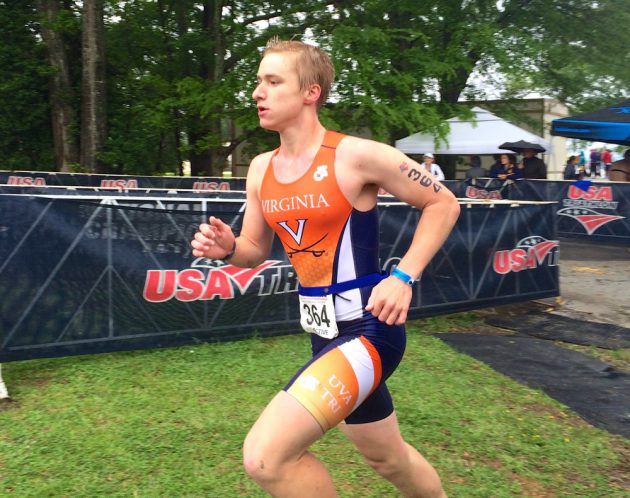 Van de Graaf competes with and serves as UVA’s Triathlon Team President; a club of about 50 people, with 25 regular competitors. It’s the team, Van de Graaf says, that gets him especially pumped for a race—in mind, body, and song. They wouldn’t dare compete without chanting, “Hoo-rah-ray, hoo-rah-ray, ray, ray—UVA!” the words to UVA’s “Good Old Song,” — the school anthem and how the team gets revved before they take to the starting line.
Van de Graaf competes with and serves as UVA’s Triathlon Team President; a club of about 50 people, with 25 regular competitors. It’s the team, Van de Graaf says, that gets him especially pumped for a race—in mind, body, and song. They wouldn’t dare compete without chanting, “Hoo-rah-ray, hoo-rah-ray, ray, ray—UVA!” the words to UVA’s “Good Old Song,” — the school anthem and how the team gets revved before they take to the starting line.
“Compared to any swimming event I ever did, triathlons are really long,” he said. “You get through the swimming portion of the race, and at some point during the bike ride, you can’t believe you’re only halfway done—especially if it’s a hilly course. But a lot of the time, you’re feeling great. The sport is a lot more variable than swimming ever was for me.”
In terms of balancing his sport with his studies, Van de Graaf actually credits it for giving him more time in the day. Since he’s up early, he has a head start on homework, friends, and another round of training.
His training might even influence his future career. Van de Graaf is appling for medical school, but is undecided on a focus. He’s currently working as a scribe in the Emergency Department of UVA’s hospital and previously worked for a physical therapy clinic that’s part of an orthopedic practice. He has shadowed surgeries and been exposed to several trauma patients. He’s keeping an open mind; not ruling anything out or having biases towards certain areas of medicine.
For now, he’ll continue to focus on racing. Every year, Van de Graaf and the UVA team set personal and group goals, working towards placing as highly as they can. They’re not prepping for next year’s national competition quite yet, but when they do, Van de Graaf will surely meet the starting line with a “hoo-rah-ray.”
# # #
Hannah Gatens is a Roanoke, Virginia native who recently moved to Portland, Oregon to get a taste of the West Coast. Graduating from Christopher Newport University in 2014, she earned a degree in Communications and Journalism. When there’s downtime, Hannah loves to travel, bake, and make her way to the mountains.


